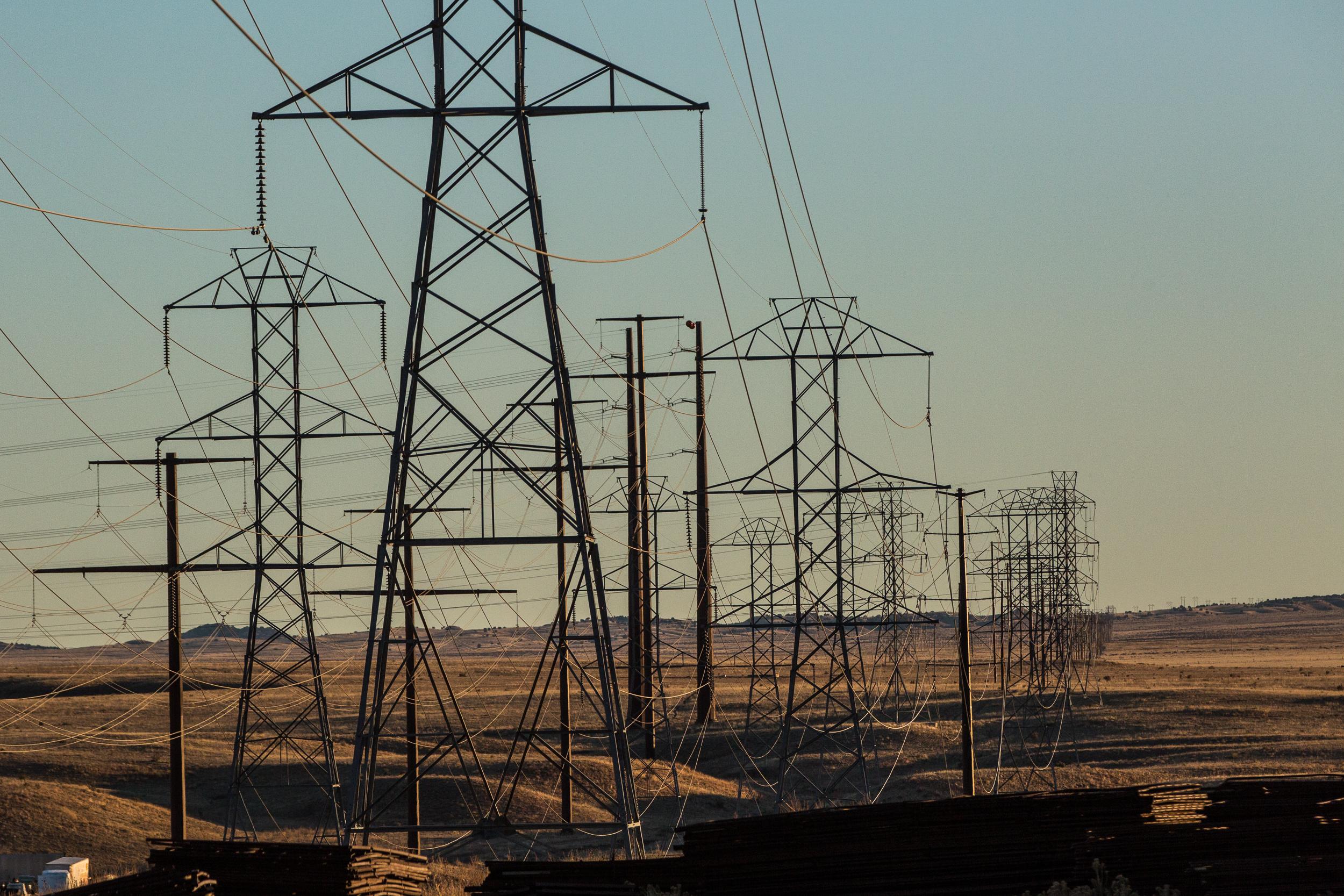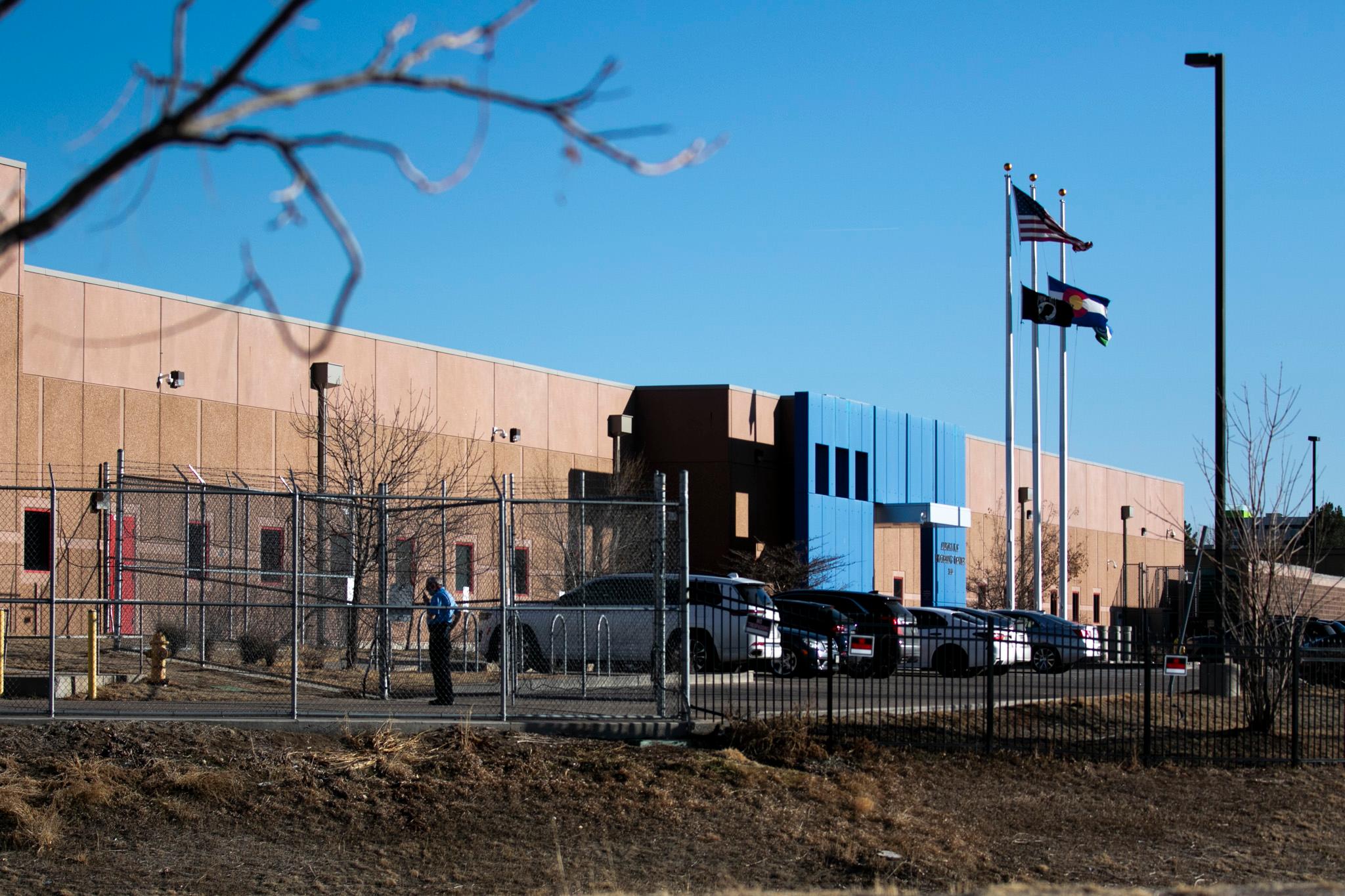
Colorado utility regulators approved a plan on Wednesday to build a massive $1.7 billion transmission loop around the Eastern Plains.
Xcel Energy, Colorado's largest power company, and other utilities proposed the so-called Power Pathway to assist a transition from fossil fuels to renewable energy. It calls for 560 miles of high-voltage transmission lines and four new substations.
Once completed, the company claims it will have enough capacity to ferry 5,500 megawatts of wind and solar power to the electrical grid. The company hopes to complete the first segments in 2025 — a rapid timeline for massive infrastructure projects.
In filings submitted to Colorado’s Public Utilities Commission, Xcel Energy has argued the project will help meet its goal of 100 percent carbon-free electricity by 2050. State agencies have also said it would bring Colorado closer to its climate targets.
Regulators withheld a green light for a separate 90-mile dogleg into Baca County, which would allow the company to access some of the richest wind resources in Colorado. The Public Utilities Commission will consider approval after seeing bids to build solar and wind projects in the area without the additional transmission infrastructure.
Xcel Energy first proposed the project in March 2021. At the time, the company said it would help solve what energy wonks call "the chicken-and-egg problem." Unlike fossil fuel plants, wind and solar projects can be built so quickly there often is not enough transmission capacity to carry the electricity to homes and businesses.
Both utility advocates and some environmental groups saw the Power Pathway as an answer. The approval comes as regulators consider a separate proposal to allow Xcel Energy to build about 5,500 megawatts of new Colorado wind and solar generation, along with additional battery storage. If regulators approve the generation projects, companies will then bid to build the different projects.
Ken Wilson, an engineering fellow with Western Resource Advocates, said those bidders now know they will have adequate transmission access.
"It's cost-effective. We'll get more bids and cheaper bids because we're committing to this transmission now," Wilson said.
After submitting the initial proposal, a coalition of environmental groups, labor organizations, state agencies, solar companies joined a non-unanimous settlement in support of the Power Pathway.
Advocates for ratepayers pushed back. In testimony submitted to the commission, the Office of the Utility Consumer Advocate and other ratepayer advocates argued Xcel’s coalition had not demonstrated a need for all segments of the project. In addition, the opponents said the proposed settlement shifts the risk of cost overruns onto customers.
Residents from the Eastern Plains also testified against the project, saying power resources for the Front Range shouldn’t be built in far-off rural areas.









